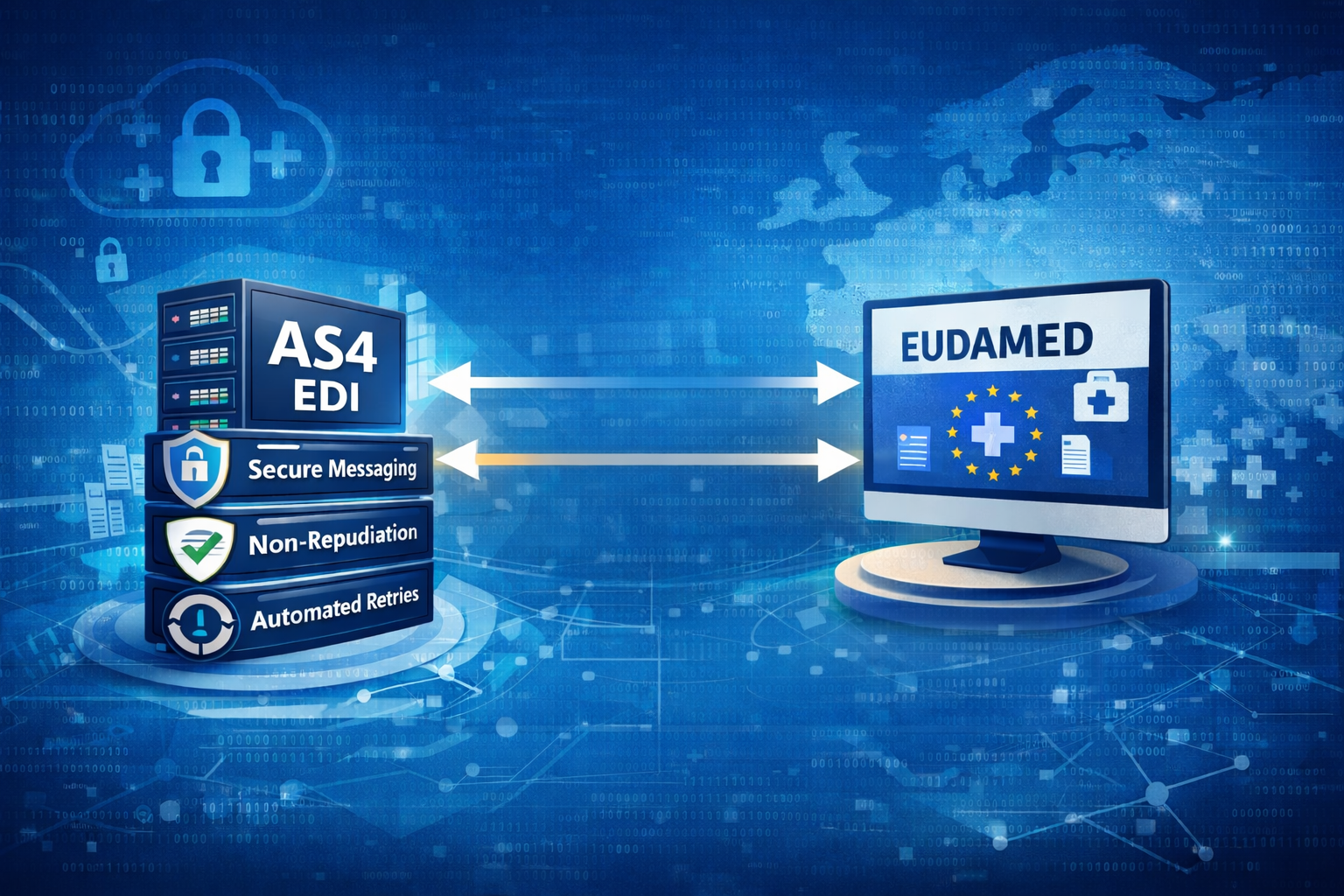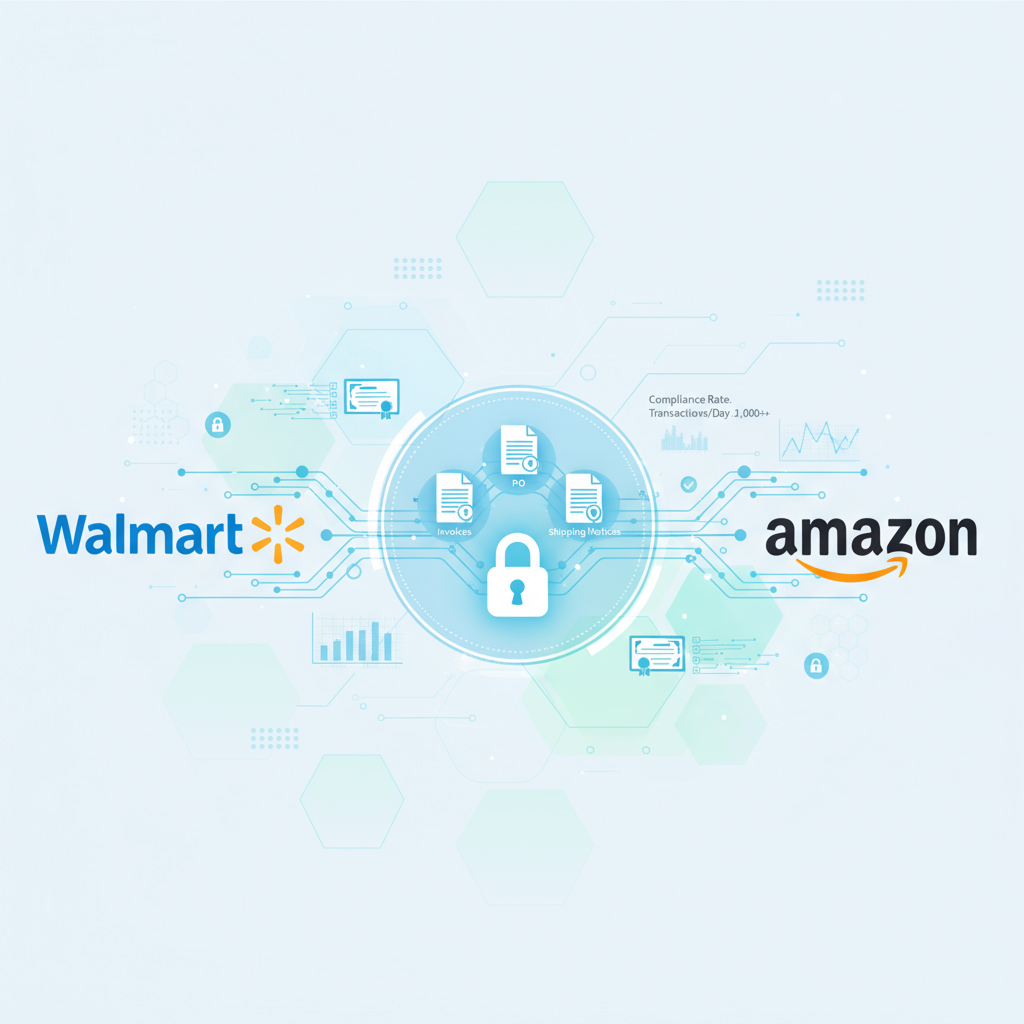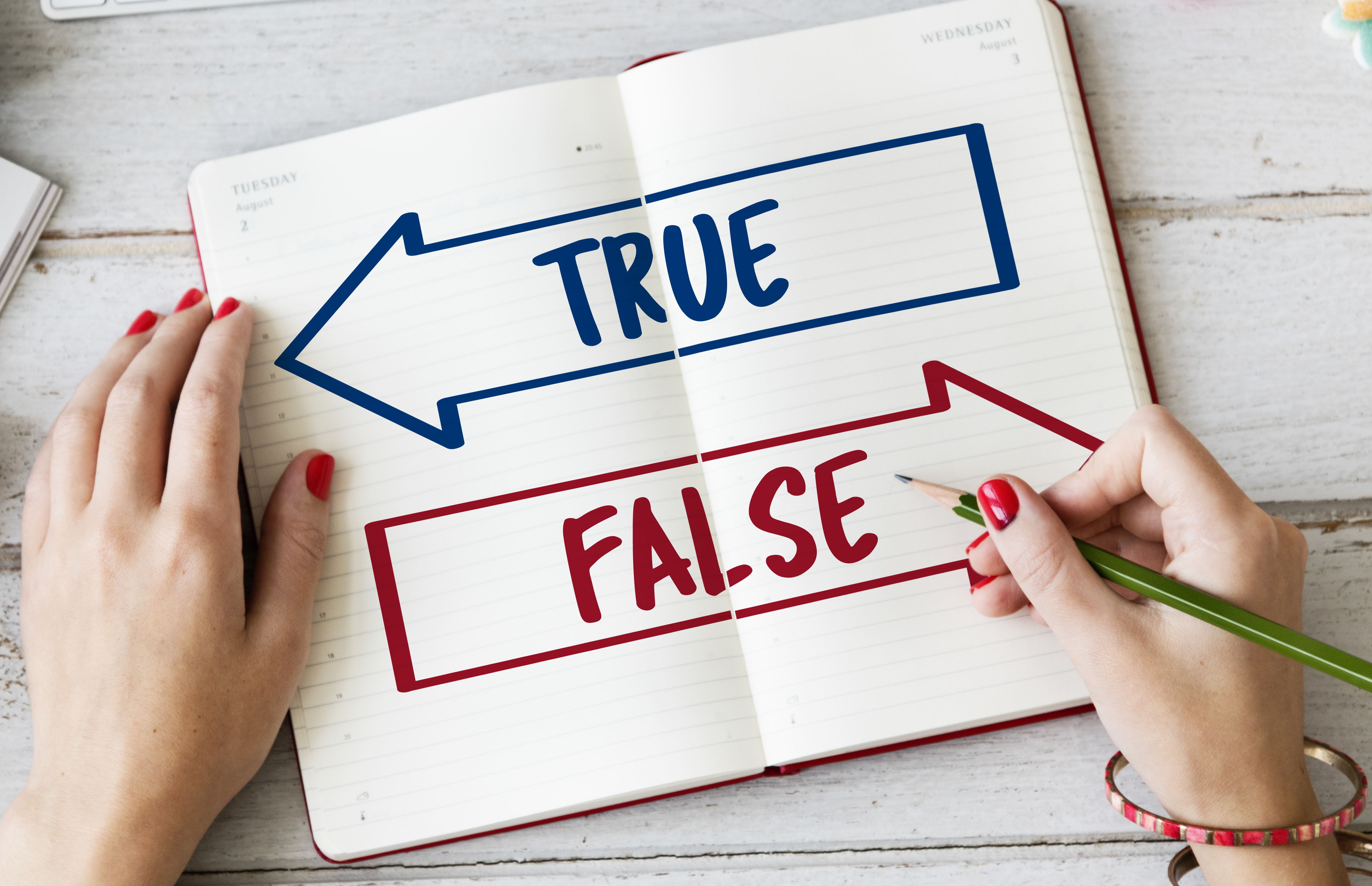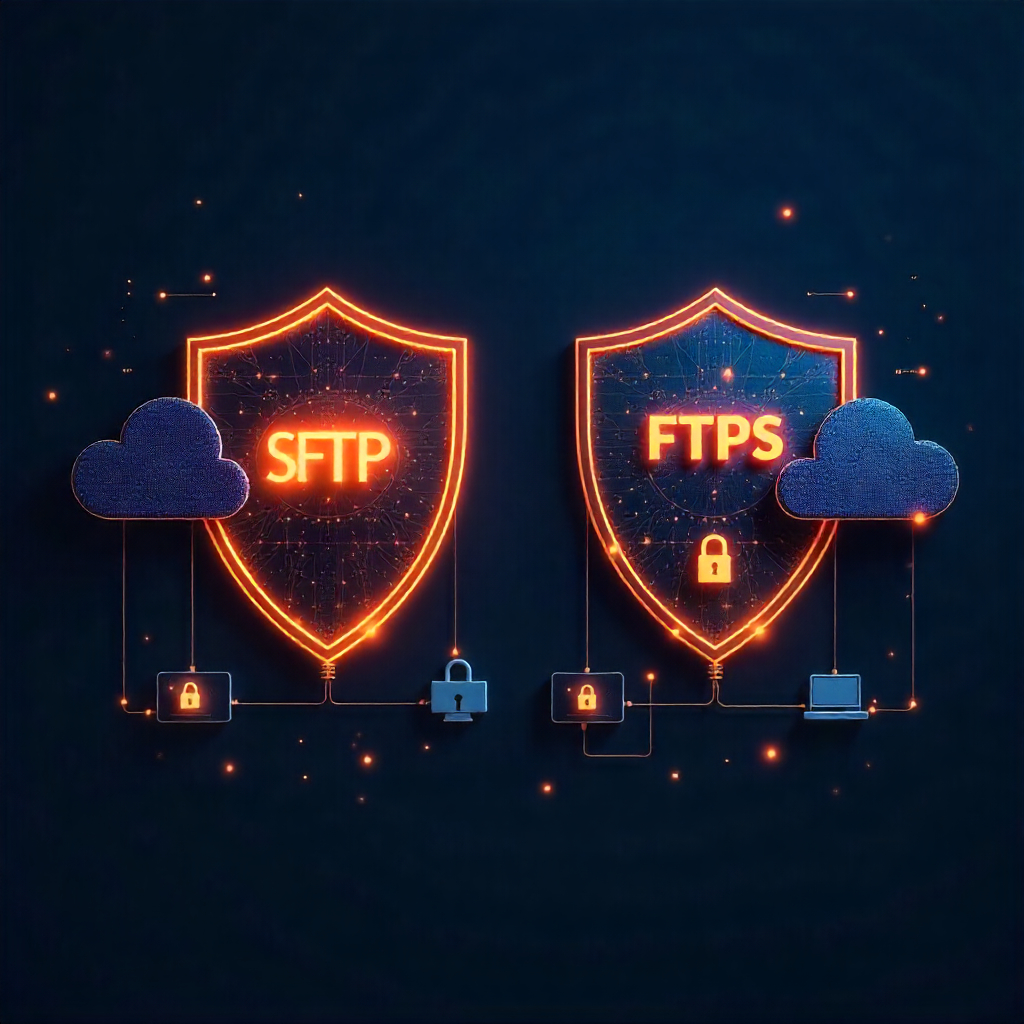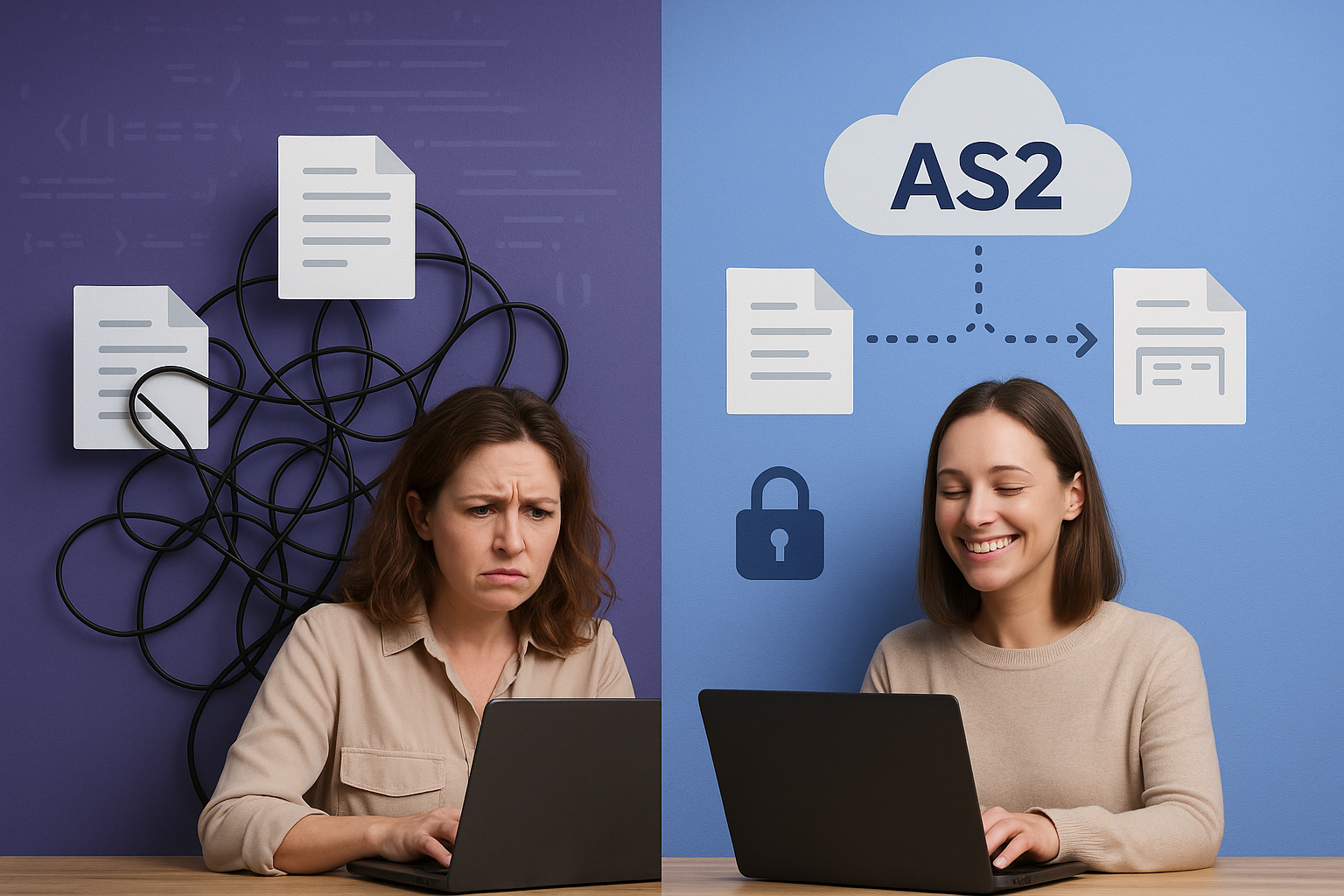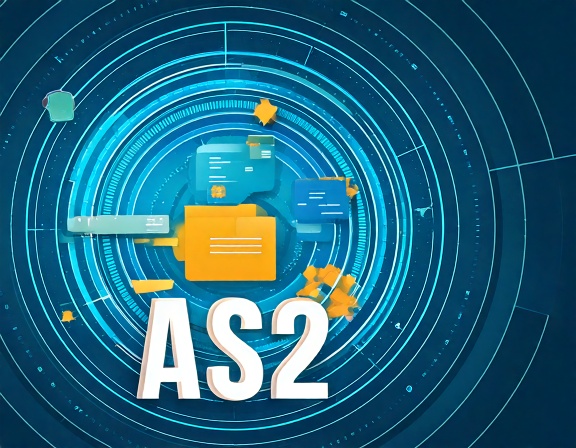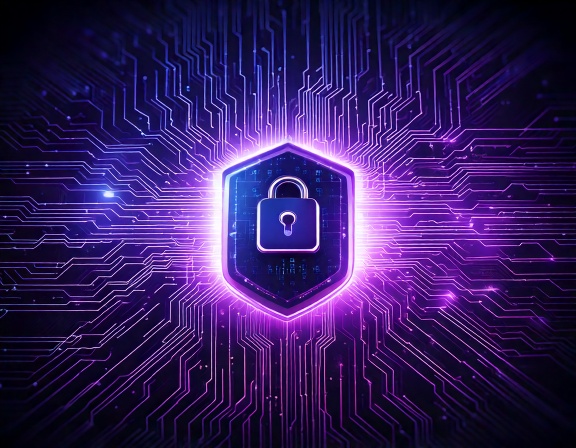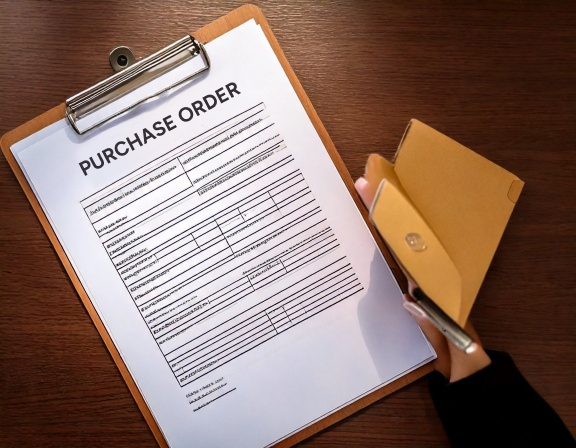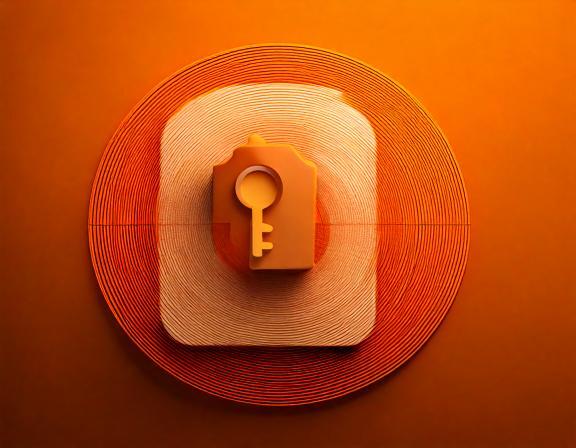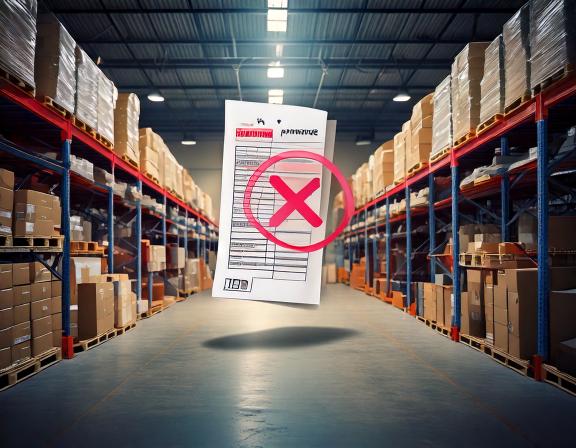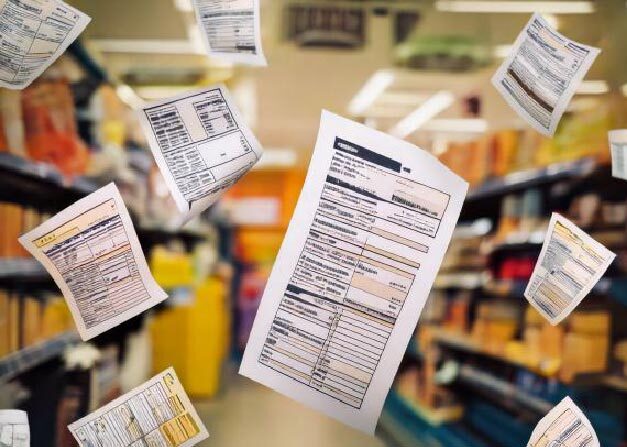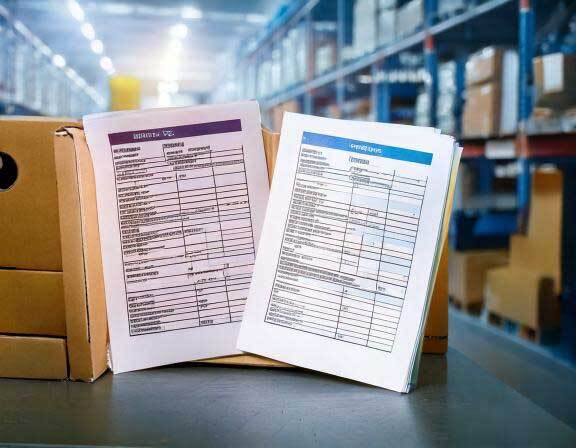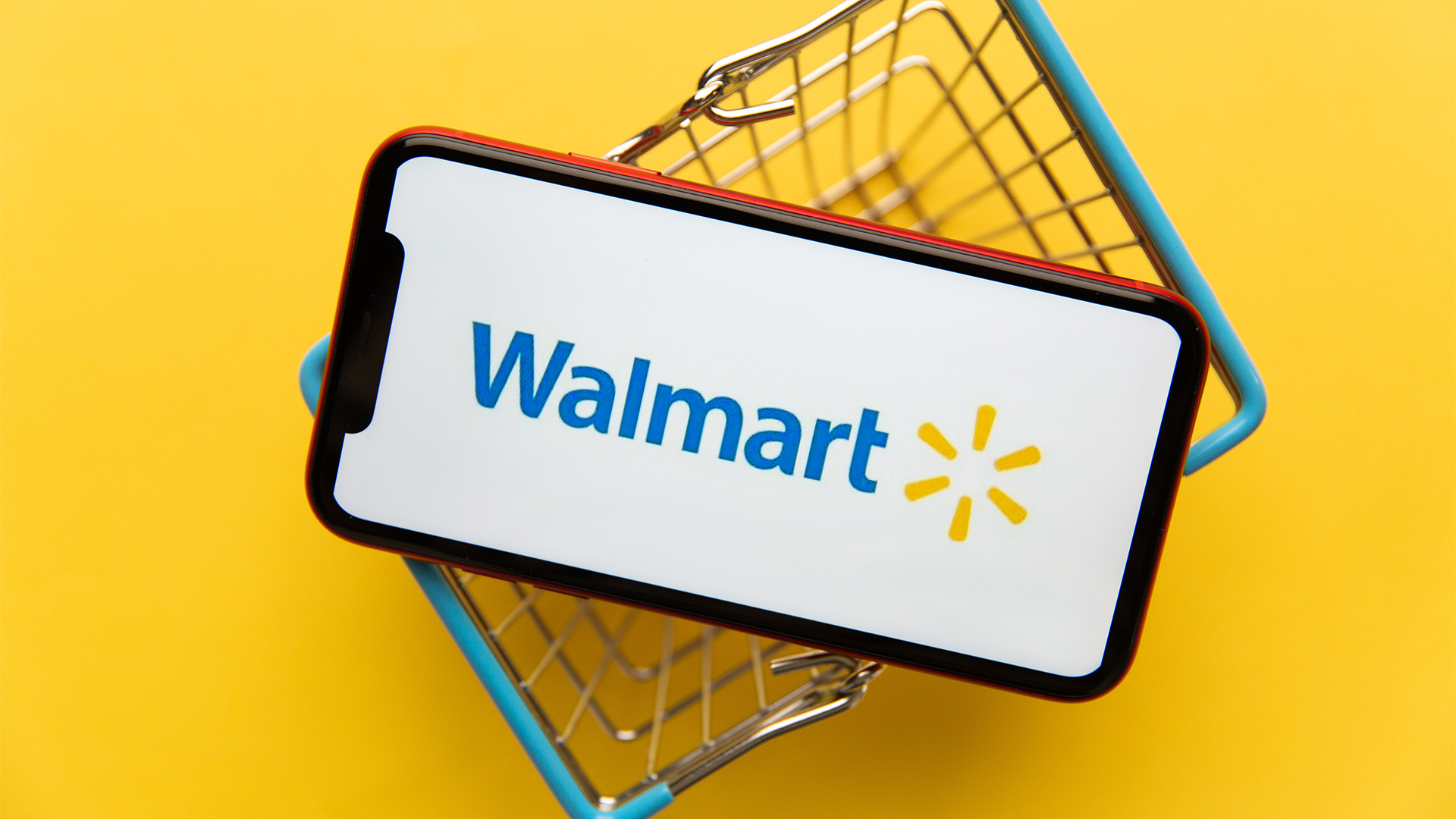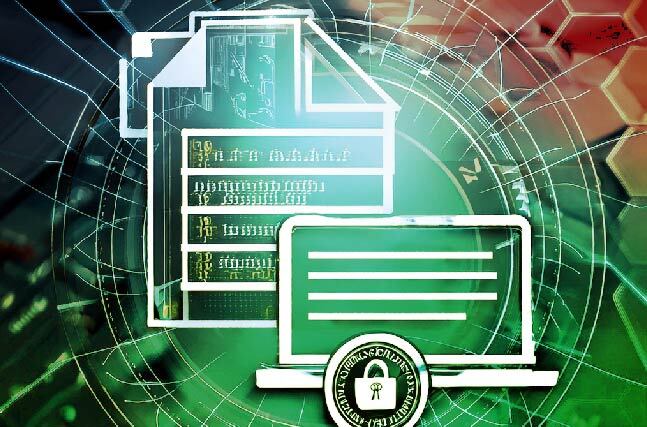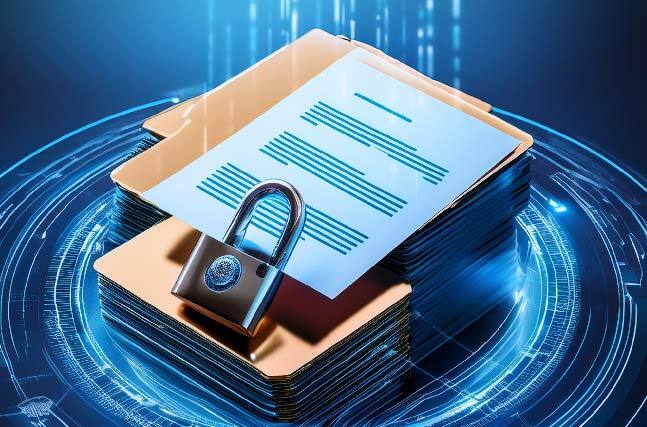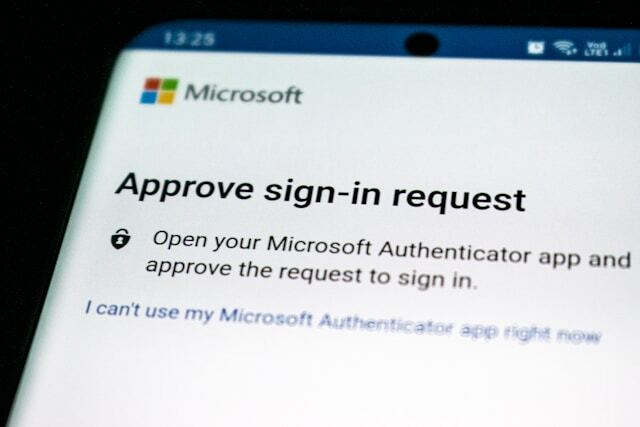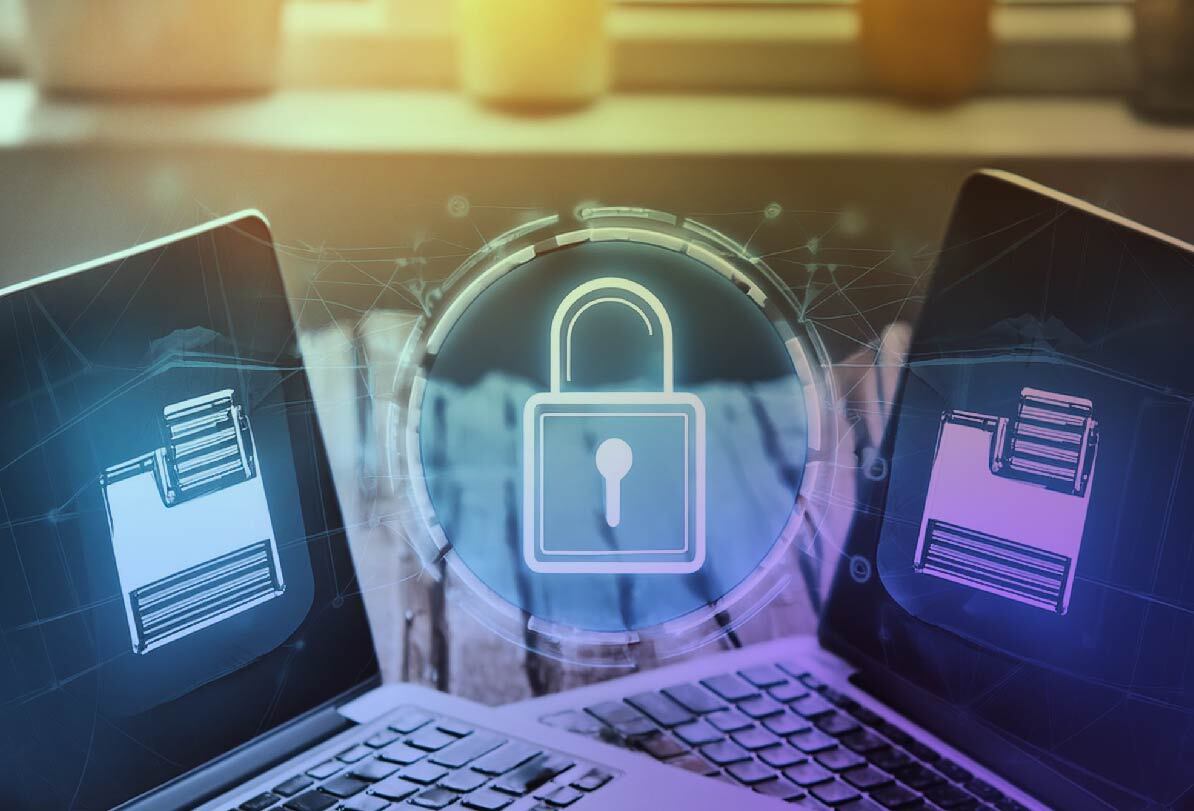MFT Gateway is a hosted Software as a Service (SaaS) solution that enables file exchange over the AS2 or SFTP protocol, without the need to install or maintain.
- Blog
- AS2 Certificate Expert Guide 2025: Secure B2B EDI Compliance (7 Steps)
AS2
AS2 Certificate Expert Guide 2025: Secure B2B EDI Compliance (7 Steps)
AS2 Certificate expert guide for 2025. Follow 7 key steps to ensure EDI compliance, select the best AS2 provider or AS2 gateway, and establish secure AS2 connectivity.

Rusiri Samarakoon
Modified: 29 Oct 2025

Table of Contents
- Understanding AS2 Certificates
- Key Components of the AS2 Protocol
- Steps to Obtain an AS2 Certificate
- Step 1: Identify Your Organization’s Requirements for Secure Data Exchange 2025: Determine Cryptographic Strength
- Step 2: Choose a Trusted Certificate Authority (CA) or Modern B2B Platform: Evaluate AS2 Providers and Features
- Step 3: Generate a Certificate Signing Request (CSR) through Your System: Ensure Data Accuracy in the CSR
- Step 4: Submit the CSR to the Certificate Authority: Automate Submission via Cloud AS2
- Step 5: Complete Verification Process and Ensure AS2 Compliance: Prepare for Multi-Factor Checks
- Step 6: Receive and Install the AS2 Certificate on Your B2B Integration Platform: Securely Pair Keys on the AS2 Gateway
- Step 7: Test AS2 Connection and Post-Quantum Readiness: Conduct End-to-End Functionality Testing
- Conclusion
Understanding AS2 Certificates
In the evolving realm of secure data exchange 2025, AS2 certificates continue to play a pivotal role. These digital certificates remain essential for authenticating and encrypting data transmitted over an AS2 communication protocol, ensuring the confidentiality and integrity of sensitive information, particularly for organizations maintaining strict AS2 compliance standards for AS2 EDI. This updated guide delves into the modern process of obtaining an AS2 certificate, guiding you through the steps to acquire this crucial component for secure B2B communication in a world focused on data sovereignty and robust security protocols. Utilizing a reliable AS2 software solution or AS2 gateway is foundational to this process.
👉 Read more about the role of certificates in AS2
Key Components of the AS2 Protocol
AS2 certificates are digital certificates based on the public-key infrastructure (PKI) that enable secure communication between trading partners via the AS2 protocol in EDI. These certificates consist of a public key (for encryption and verification) and a private key (for decryption and signing). While certificates are traditionally issued by trusted Certificate Authorities (CAs), many modern B2B integration platforms and cloud AS2 providers now offer integrated certificate lifecycle management. Whether you utilize a dedicated AS2 server or an AS2 provider service, the certificate facilitates secure AS2 connectivity.
👉 Compare On-Premises and Cloud File Transfer
In this guide, we will focus on the path to obtaining a trusted, third-party signed AS2 certificate, ensuring the highest level of trust for your organization’s security initiatives.
Steps to Obtain an AS2 Certificate
Step 1: Identify Your Organization’s Requirements for Secure Data Exchange 2025: Determine Cryptographic Strength
Before obtaining an AS2 certificate, it is critical to assess your organization’s specific requirements against the current security landscape. Determine the number of certificates needed, the required cryptographic and ensure the certificate supports current hash algorithms. Compliance is key; ensure your selection meets industry mandates for robust AS2 compliance and supports your AS2 integration needs.
Step 2: Choose a Trusted Certificate Authority (CA) or Modern B2B Platform: Evaluate AS2 Providers and Features
Select a reputable CA or leverage the integrated certificate services of your B2B integration platform. Look for an experienced AS2 provider or a feature-rich AS2 software solution. Research different CAs/platforms, considering factors such as: automated renewal support, ability to handle high-assurance certificates (OV/EV), pricing, and support for managing certificates in a cloud AS2 environment. Choosing a platform that simplifies issuance and installation on your AS2 gateway is essential for modern EDI and reliable AS2 file transfer software.
Step 3: Generate a Certificate Signing Request (CSR) through Your System: Ensure Data Accuracy in the CSR
Once your provider is selected, generate a Certificate Signing Request (CSR) using your AS2-compatible software, AS2 server, or your B2B integration platform. The CSR contains essential, validated information about your organization (domain name, organization name, location). Ensure the details are precisely correct, as errors will delay verification. For modern secure data exchange 2025 standards, verify the CSR specifies the necessary, robust key size identified in Step 1.
Step 4: Submit the CSR to the Certificate Authority: Automate Submission via Cloud AS2
Submit the generated CSR to the chosen Certificate Authority. In 2025, this process is often automated when using a cloud AS2 service provided by your chosen AS2 provider, which can handle the submission, key pairing, and sometimes even the initial domain validation on your behalf. Provide any additional information required by the CA, such as proof of domain ownership or legal documentation necessary for Organization Validation (OV) certificates.
Step 5: Complete Verification Process and Ensure AS2 Compliance: Prepare for Multi-Factor Checks
The Certificate Authority will verify the information provided in the CSR before issuing the AS2 certificate. This verification process is crucial for establishing trust in your AS2 communication software. Be prepared for prompt communication and multi-factor checks confirming domain ownership and validating organization details. Expediting this step ensures you meet your project timelines for AS2 compliance and partner onboarding for seamless AS2 connectivity.
Step 6: Receive and Install the AS2 Certificate on Your B2B Integration Platform: Securely Pair Keys on the AS2 Gateway
Once the verification process is complete, the Certificate Authority will issue the AS2 certificate. You will receive the certificate file along with installation instructions. The most efficient method involves installing the certificate directly into your B2B integration platform or AS2 gateway, which handles the secure pairing of the public and private keys, minimizing manual configuration on the underlying AS2 server and ensuring your system is ready for modern EDI.
Step 7: Test AS2 Connection and Post-Quantum Readiness: Conduct End-to-End Functionality Testing
After installation, rigorous testing is mandatory to establish reliable AS2 connectivity. Conduct thorough end-to-end testing to ensure proper functionality, focusing on message signing, encryption, and the MDN (Message Disposition Notification) process. Utilize your AS2 communication software to send multiple test messages (large, small, and various file types) and verify successful receipt and processing with your trading partners. This final step confirms the integrity of your secure data exchange 2025 connection and its post-quantum readiness for the future, leveraging the reliability of the AS 2 protocol.
👉 Explore the AS2 Compliance Checklist
Conclusion
Obtaining an AS2 certificate is more critical than ever for organizations prioritizing security and AS2 compliance in their B2B communication channels. By following these seven updated steps, businesses can acquire the necessary certificates, integrate them seamlessly into their B2B integration platform or AS2 gateway, and facilitate secure, compliant, and efficient AS2 EDI with their trading partners. AS2 certificates remain essential for safeguarding sensitive information and maintaining trust in global B2B transactions facilitated by the AS2 communication protocol.

Talk to an EDI Expert
Join hundreds of organizations already taking full control of their B2B AS2 communications with our trusted solutions. Contact us today to tailor a solution that fits your specific AS2 EDI needs.
Related Articles
View All BlogsExplore our product stack
Try before you buy with a 30-day Free Trial
No commitment, all value. Try the AS2 Solution Risk-Free and discover how our solutions can transform your business workflows. No credit card required.
Explore Your Possibilities
Elevate AS2 Communications with our EDI and AS2 Solutions
See how our AS2 and EDI solutions can simplify your integrations, boost efficiency, and keep you compliant—request a personalized demo today.


